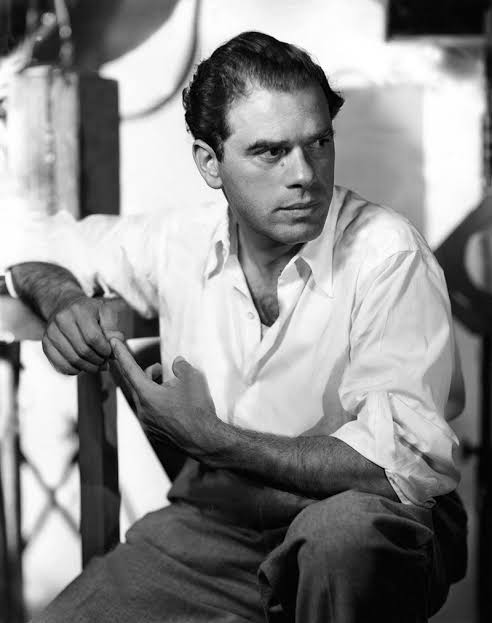Frank Capra: The Master of Optimistic Storytelling in 1930s Cinema

Image Courtesy : moncinemaamoi.blog
Frank Capra, one of the most influential filmmakers of the 1930s, left an indelible mark on cinema with his distinctive blend of humor, drama, and heartfelt optimism. Known for his skill in creating compelling narratives with a strong moral core, Capra’s films resonated with audiences during the Great Depression era. His works often celebrated the virtues of the common man, while addressing larger social issues like corruption, inequality, and the abuse of power.
Early Life and Career
Born in 1897 in Sicily, Italy, Frank Capra immigrated to the United States with his family at the age of six. His immigrant experience profoundly shaped his worldview, and this sense of the “American Dream” became a recurring theme in his films. After serving in World War I, Capra dabbled in various jobs before finding his way into Hollywood in the 1920s. He initially worked as a writer and gagman for silent comedies, but it was in the 1930s that his career as a director truly took off, cementing his reputation as one of the leading voices in American cinema.
Rise to Fame in the 1930s
Capra’s breakthrough came in the early 1930s with a series of films that combined lighthearted comedy with deeper social messages. However, it was It Happened One Night (1934) that established him as a cinematic powerhouse. A romantic comedy starring Clark Gable and Claudette Colbert, the film follows the unlikely romance between a spoiled heiress and a cynical newspaper reporter. The film became an instant classic, notable for its witty dialogue, endearing performances, and the natural chemistry between its leads. It went on to make history at the Academy Awards, winning all five major Oscars: Best Picture, Best Director, Best Actor, Best Actress, and Best Screenplay.
It Happened One Night was more than just a romantic comedy—it was a reflection of the times. Released during the Great Depression, the film’s portrayal of class differences and the common man’s resilience struck a chord with audiences. Capra’s ability to infuse lighthearted entertainment with underlying social commentary became one of his defining trademarks.
Socially Conscious Films
Capra’s most celebrated films of the 1930s were those that tackled social and political issues head-on. Mr. Deeds Goes to Town (1936) exemplified this approach, featuring Gary Cooper as Longfellow Deeds, a humble man from a small town who inherits a fortune and finds himself caught in a battle against greed and corruption. Capra’s depiction of an ordinary man standing up to powerful forces reflected his belief in the strength and moral integrity of the common person.
In 1939, Capra released Mr. Smith Goes to Washington, arguably one of his most important and influential works. The film stars James Stewart as Jefferson Smith, an idealistic young senator who takes on a corrupt political system. The movie was a bold critique of government corruption and political manipulation, but it was also a celebration of democracy and the power of one man’s voice to make a difference. Stewart’s portrayal of the wide-eyed, hopeful Smith resonated with audiences, particularly as the world teetered on the brink of World War II. Mr. Smith Goes to Washington was a box office success and earned 11 Academy Award nominations.
Capra’s Cinematic Style and Legacy
Frank Capra’s films were characterized by their uplifting messages, memorable characters, and moral clarity. His direction often centered on the triumph of the human spirit over adversity, with a strong emphasis on kindness, honesty, and personal integrity. At a time when America was grappling with the economic struggles of the Depression, his optimistic view of the world offered hope and comfort to many.
Capra’s work from the 1930s, particularly It Happened One Night, Mr. Deeds Goes to Town, and Mr. Smith Goes to Washington, helped define what would later be referred to as the “Capraesque” style of filmmaking—stories that celebrated the underdog and conveyed a deep faith in humanity. His influence on future filmmakers is undeniable, as his films continue to inspire with their heartwarming blend of humor and idealism.
Conclusion
Frank Capra’s contributions to cinema during the 1930s have earned him a lasting place in film history. His films not only entertained but also engaged audiences with meaningful social commentary. By combining lighthearted narratives with profound moral themes, Capra created a unique legacy of films that continue to resonate with viewers, offering timeless messages of hope, justice, and the enduring power of the human spirit.